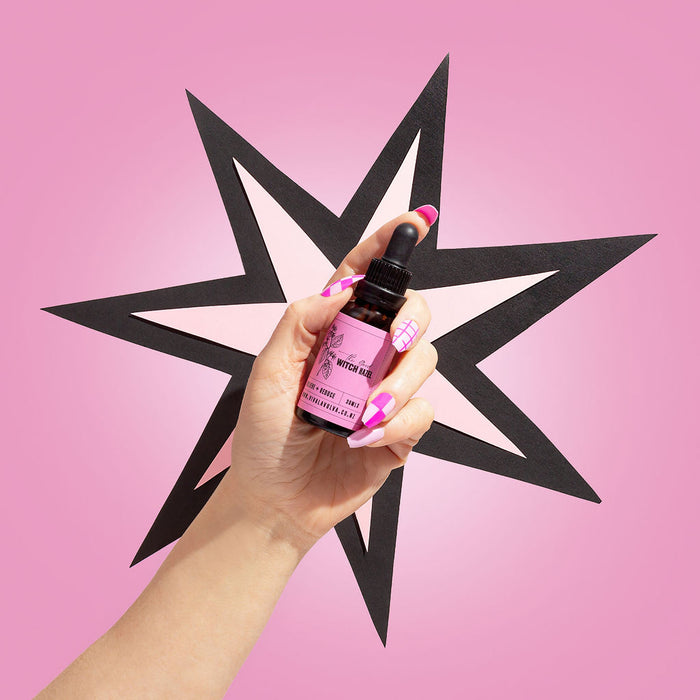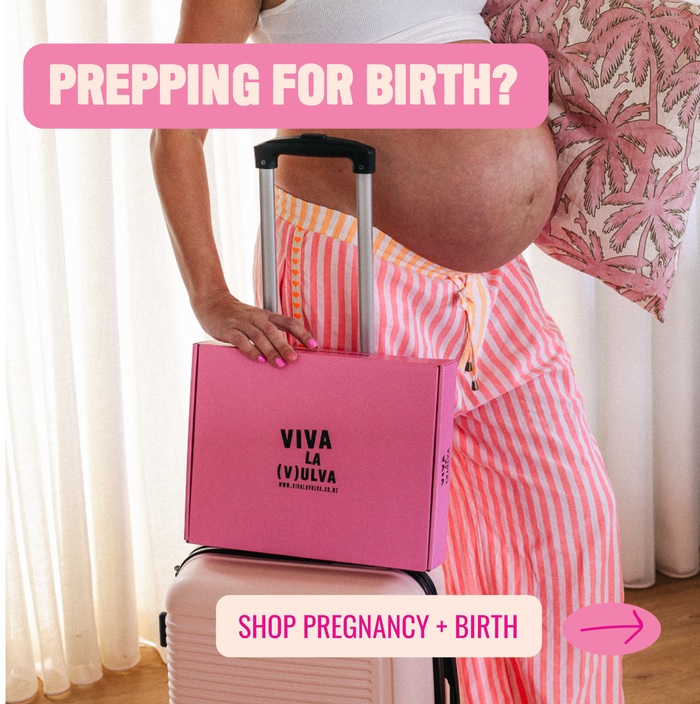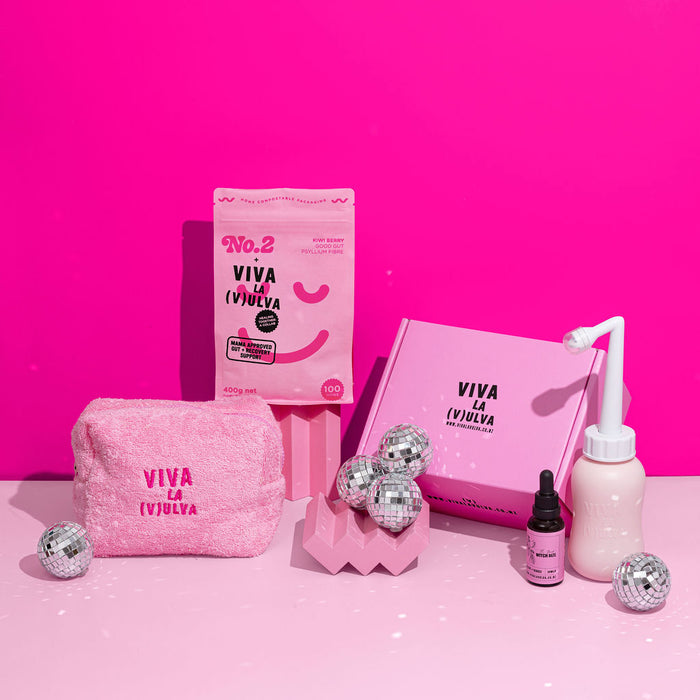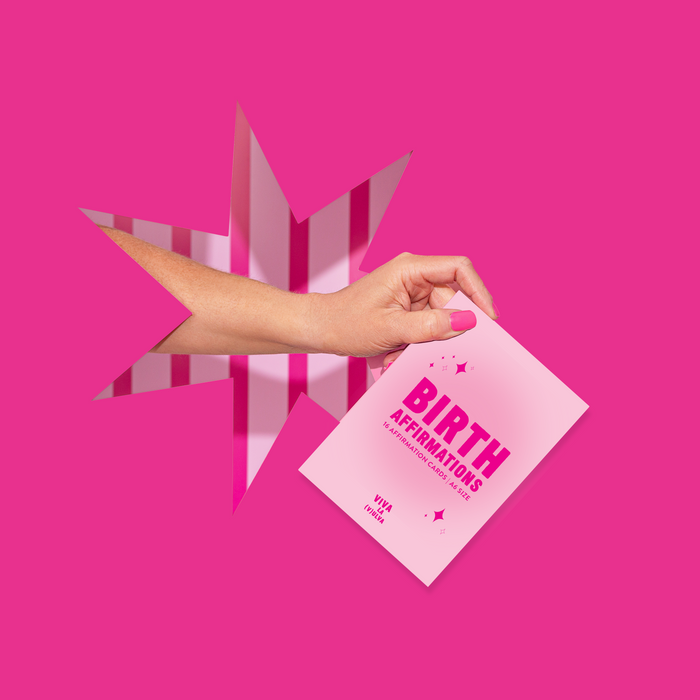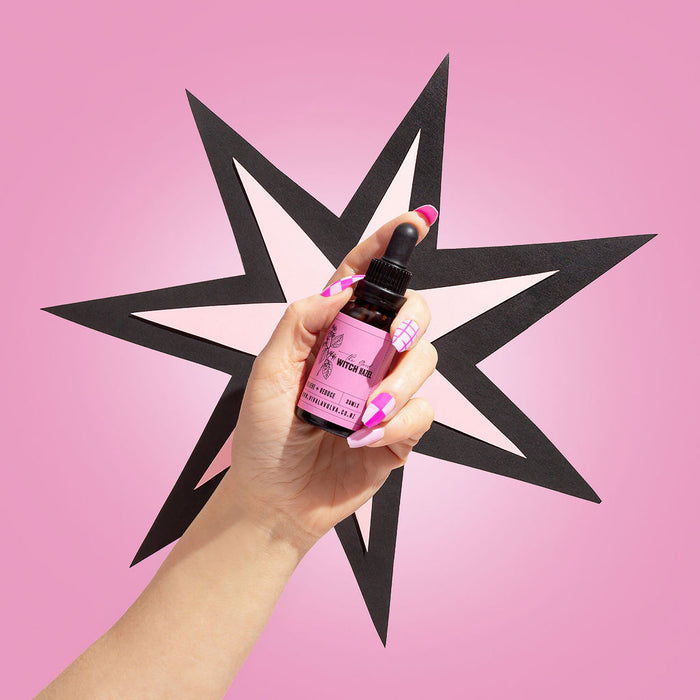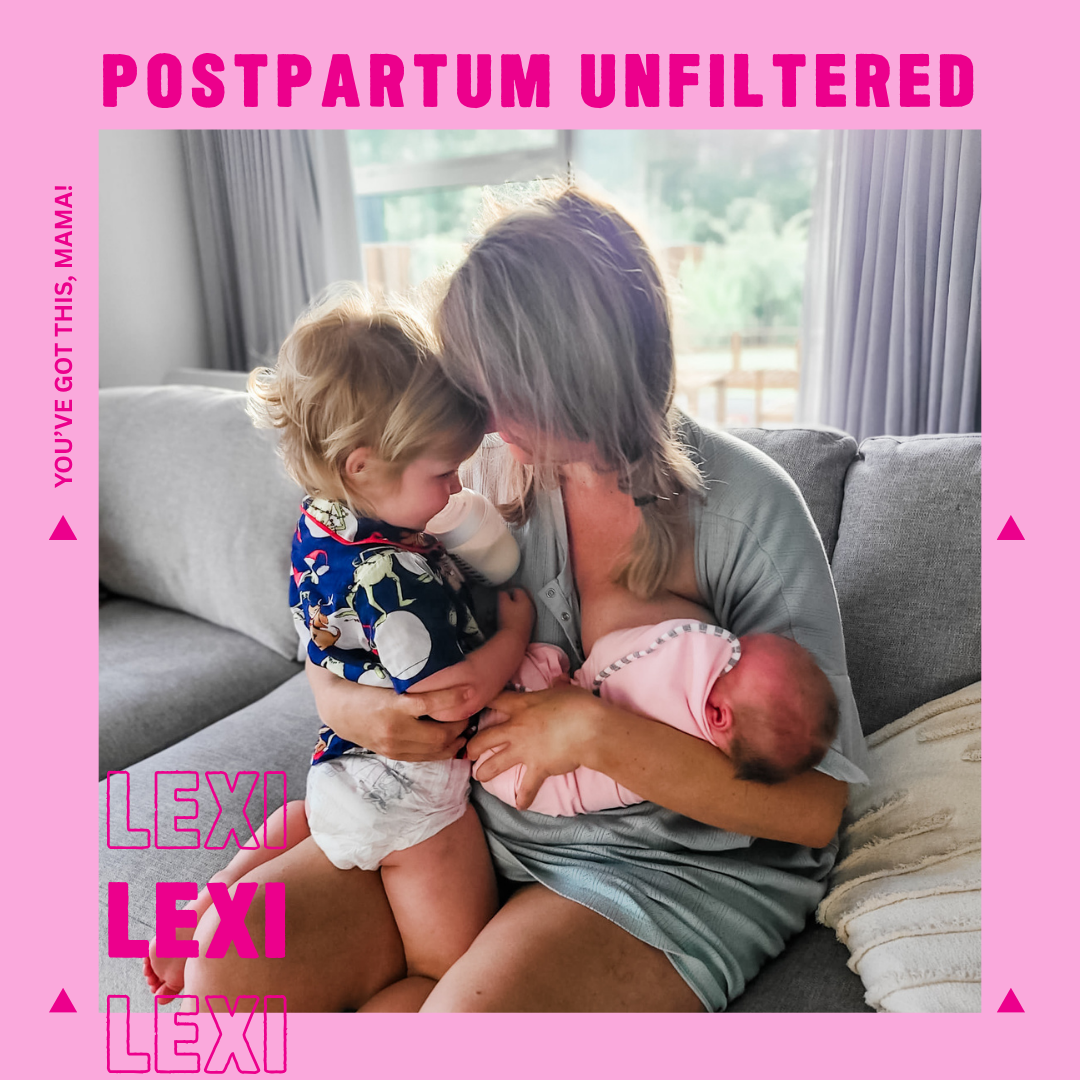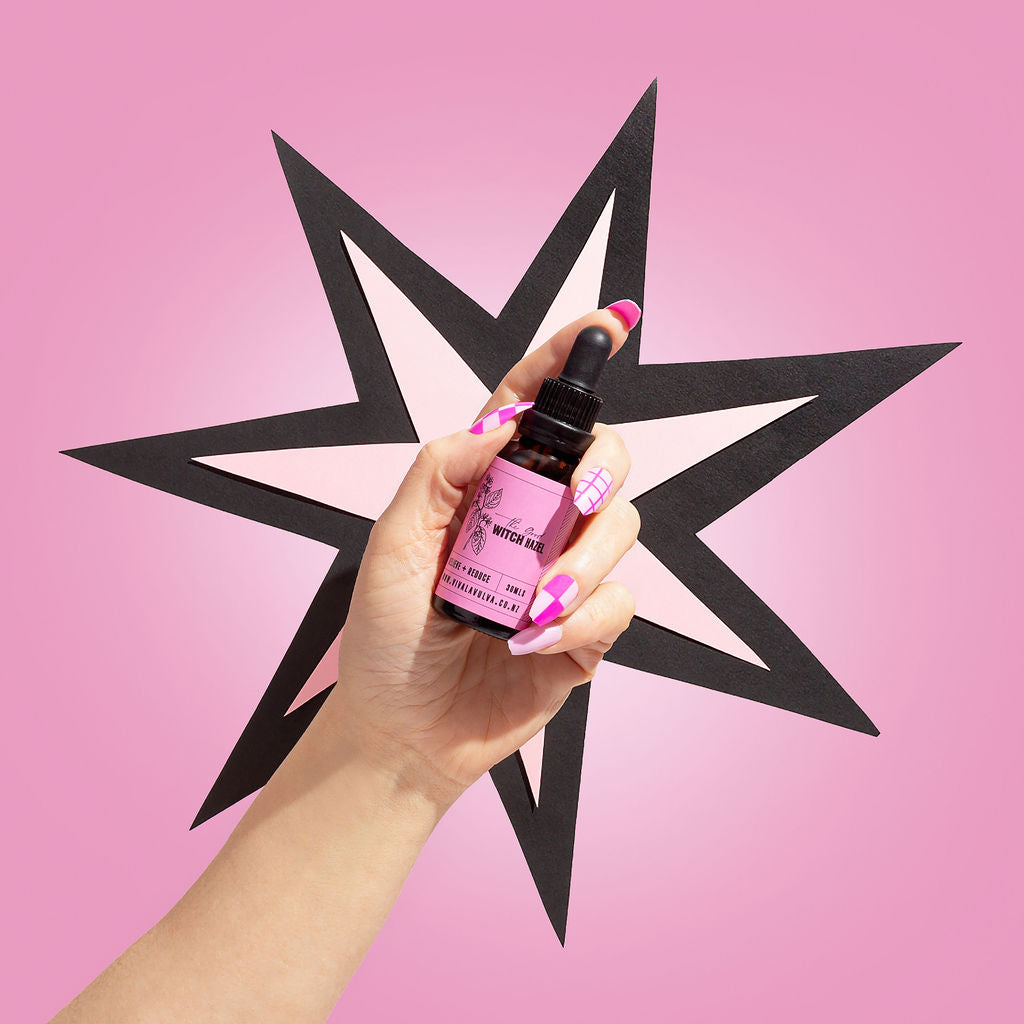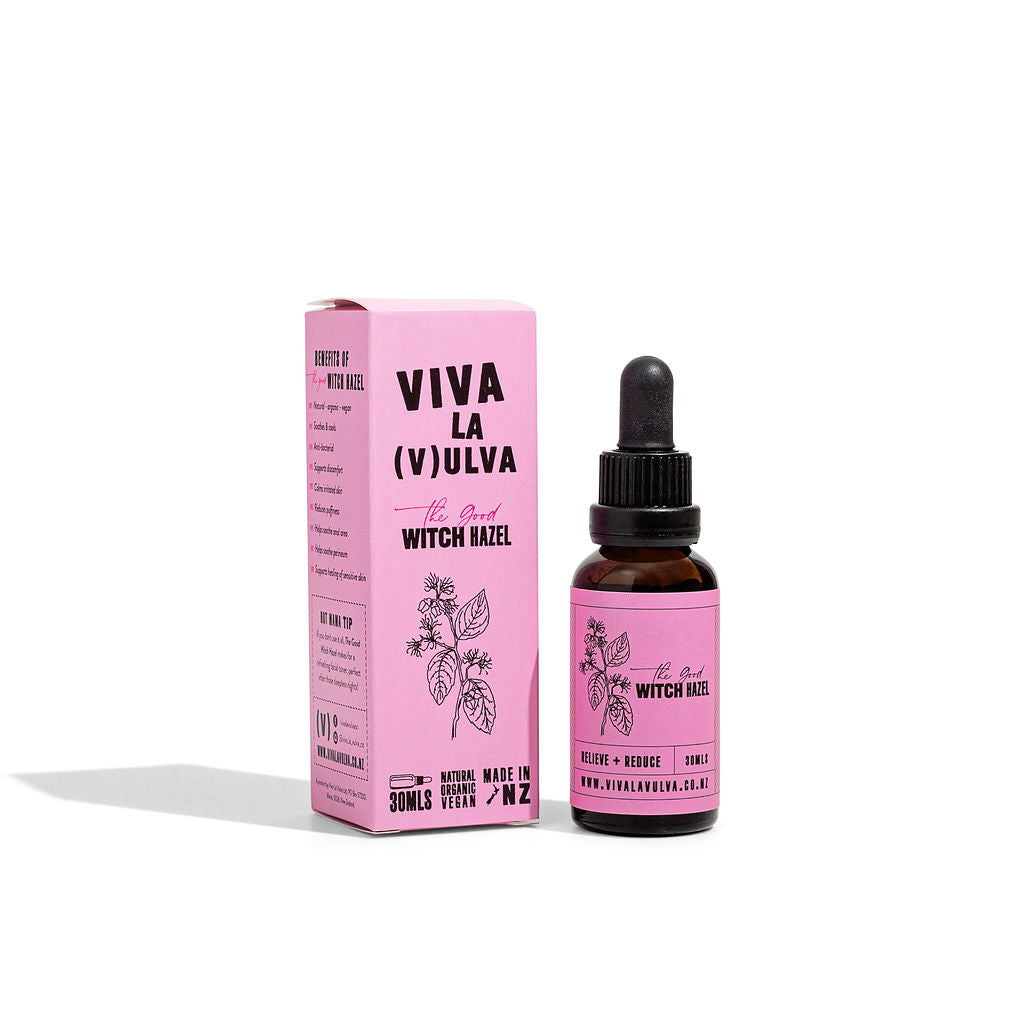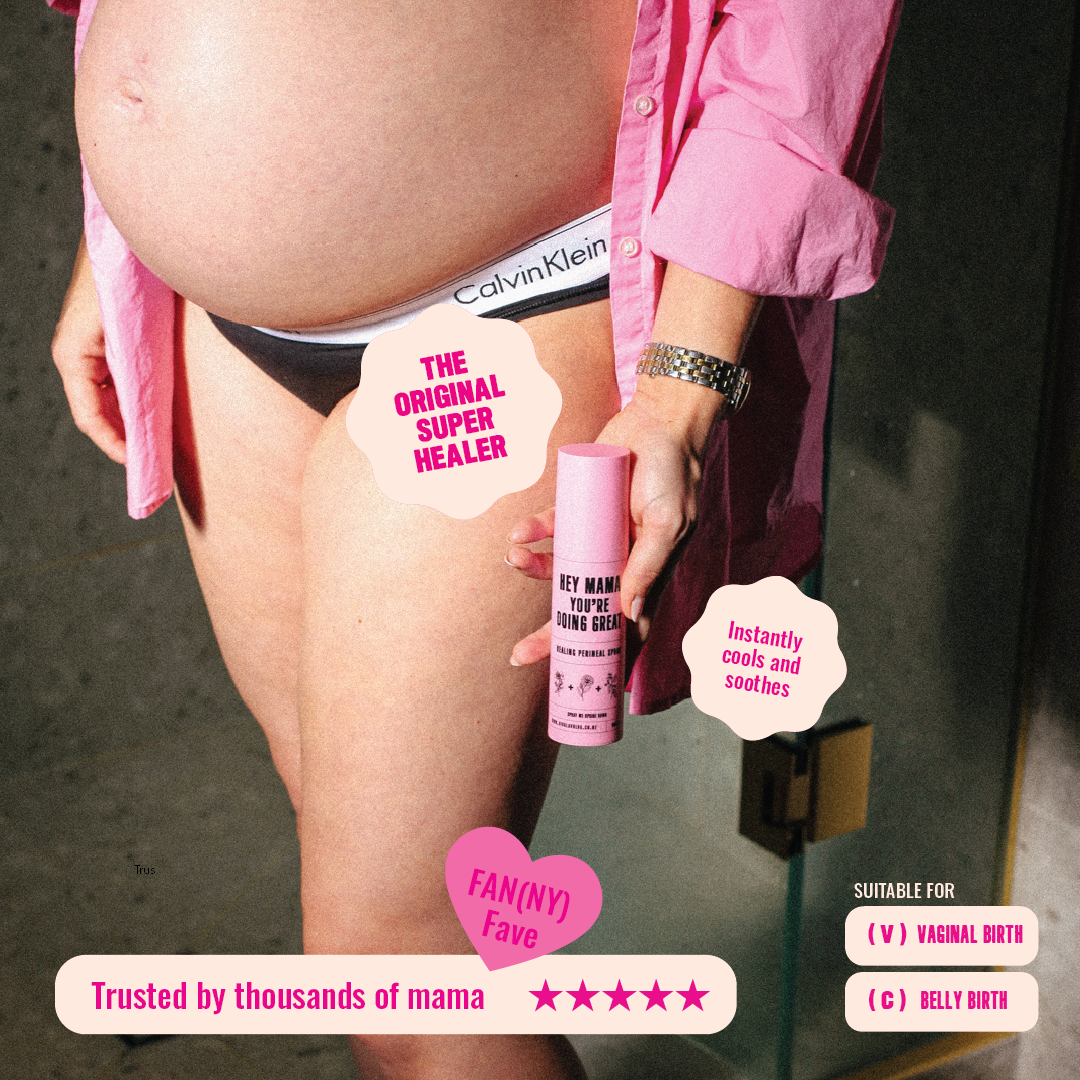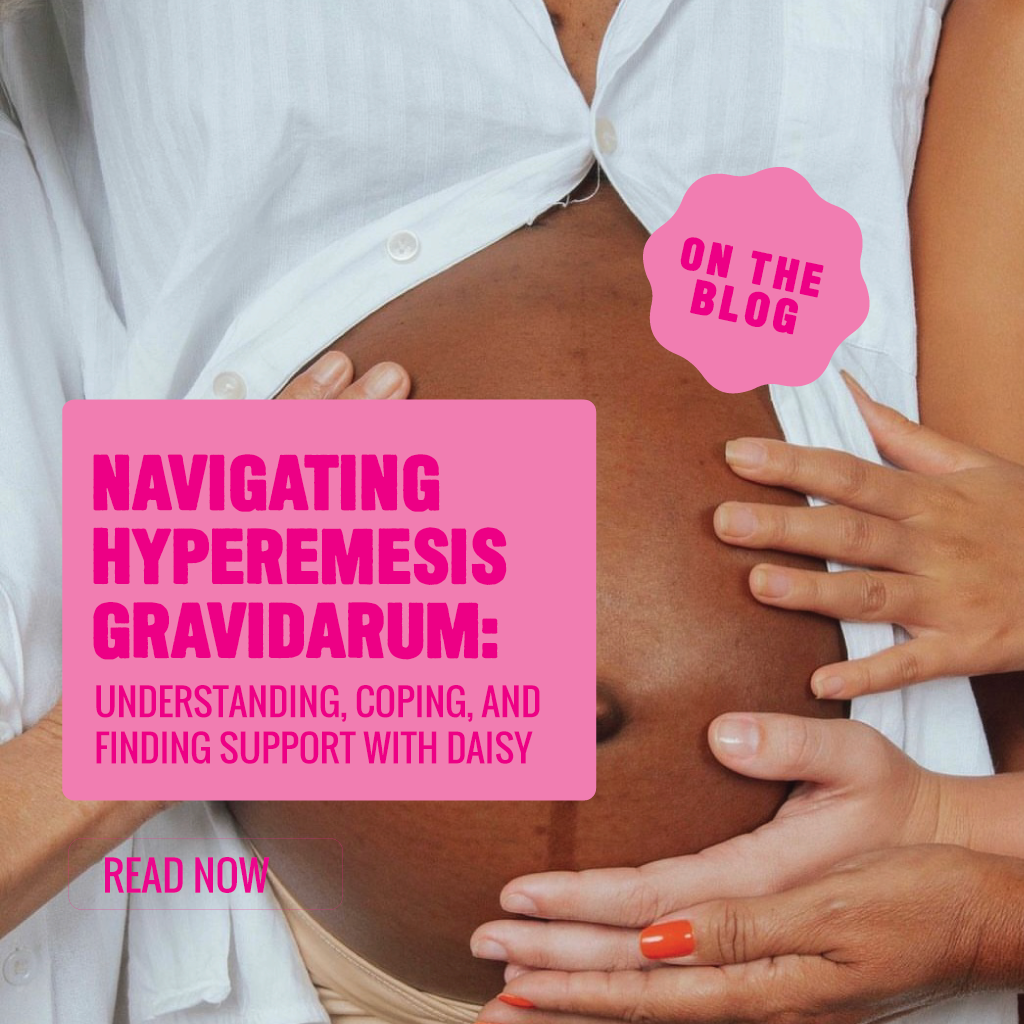
Navigating Hyperemesis Gravidarum: Understanding, Coping, and Finding Support with Daisy
Welcoming a new life into the world is a profound journey, but for some mothers-to-be, it comes with an unexpected challenge: Hyperemesis Gravidarum (HG). Here's a deep dive into what HG is, its impact, coping strategies, and where to find support in New Zealand.
Firstly, remember that Hyperemesis Gravidarum is a medical condition, and it's crucial to work closely with your healthcare team to develop a personalised plan that meets your needs. If you're struggling, don't hesitate to seek professional help to ensure both your well-being and that of your baby.
Many of us were first introduced to Hyperemesis Gravidarum by Kate Middleton’s pregnancies, and later, Amy Schemer highlighted the lack of funding for this – we even saw Amy join the board of HER Foundation to support funding further research in this space. Daisy is dedicated to drive funding and support to end Hyperemesis Gravidarum.
Defining Hyperemesis Gravidarum
HG is more than just morning sickness. It's an extreme and persistent form of nausea and vomiting during pregnancy, affecting around 1-3% of pregnant women [1]. While morning sickness often fades after the first trimester, HG can persist throughout the entire pregnancy, causing severe dehydration, weight loss, and nutritional deficiencies.
Understanding the Impact
The relentless nature of HG can take a toll not only on the physical health of the mother but also on her emotional well-being. Coping with constant nausea and vomiting, coupled with the isolation that can come from feeling misunderstood, can make this journey exceptionally challenging.
Coping Strategies
Managing HG involves a multifaceted approach. As mentioned above, we always recommend speaking with your healthcare team for professional support.
Here are some strategies that may help:
- Stay Hydrated: Dehydration is a common concern with HG. Sip on small amounts of water throughout the day, or try ice chips if drinking water is challenging. Electrolyte drinks such as Morning Relief or popsicles may also help replenish lost fluids.
- Antiemetic medication: Antiemetic medications or IV fluids may be recommended in severe cases. Remember that these are often accumulative and you need to take them regularly and consistently, as prescribed, to get the best results.
- Frequent, Small Meals: Consuming smaller, more frequent meals throughout the day may help manage nausea. Opt for bland, easy-to-digest foods like crackers, rice, or toast.
- Ginger: We know you’re probably sick of hearing it, but gingerol has anti-nausea properties that have been shown to support morning sickness when used at the correct dose. You can try ginger tea, ginger candies, ginger capsules (under the guidance of your healthcare provider), or Morning Relief.
- Acupressure Bands: Some women find relief from nausea by wearing acupressure bands on their wrists. These bands apply pressure to specific points that may help alleviate symptoms.
- Avoid Triggers: Identify and avoid triggers that worsen nausea. Strong odours, certain foods, or even specific movements might contribute to discomfort.
- Rest and Sleep: Prioritise rest and sleep as much as possible. Fatigue can exacerbate nausea, so giving your body time to recover is crucial.
- Support System: Reach out to friends, family, or support groups who understand what you're going through. Emotional support can be as vital as physical relief.
- Mind-Body Techniques: Practices like deep breathing, meditation, or prenatal yoga may help reduce stress and nausea.
- Consider Alternative Therapies: Some women find relief through alternative therapies such as acupuncture or aromatherapy. Always consult with your healthcare provider before trying alternative treatments.
- Keep a Diary: Tracking your symptoms, triggers, and what helps or exacerbates your nausea can provide valuable insights. This information may be helpful when discussing your condition with healthcare professionals.
Finding Support in New Zealand
Navigating HG can be less daunting with the support of others who understand. In New Zealand, there are several places you can look to for support:
- Hyperemesis Support NZ Facebook group (https://www.facebook.com/groups/885735235288936)
- Healthline: https://info.health.nz/services-support/health-and-disability-providers/healthline/. You can call Healthline any day or time for free on 0800 611 116.
- Healthify Severe vomiting in pregnancy information: https://healthify.nz/health-a-z/s/severe-vomiting-in-pregnancy/
- Auckland District Healthboard Patient Care Pathway: https://www.nationalwomenshealth.adhb.govt.nz/assets/Womens-health/Documents/Policies-and-guidelines/Hyperemesis-in-Gynaecology-and-Maternity-Patients-.pdf
- Founder of Drink Daisy
_________________________________________________________________
Hyperemesis Gravidarum turned Emma's world upside down. "It wasn't just the physical toll; it was the feeling of being lost in a medical maze, desperately seeking relief. Emergency room visits? They practically became my second home."
She took it upon herself to dive deep into the world of clinical research, stumbling upon gingerol – this magical thing in ginger that kicks nausea to the curb.
Finding nothing on the market that had the right gingerol dosage for real relief. Emma's global quest began, after extensive tests and trials alongside the guidance of leading PhD Nutritionists at Massey University, Morning Relief was born.
"Morning Relief isn't just a product. It's a journey, led by a Mum who's been in your shoes and is genuinely here to back you up."
Emmas wish is not only to help bring mamas some reprieve through Morning but to also create a community where understanding and support are at the forefront.
We love your work Emma!! Thank you for all that you are doing for mama!
You can check out Drink Daisy here: https://drinkdaisy.co.nz/
And keep your eyes peeled for a very special collab coming soon!
VLV x

